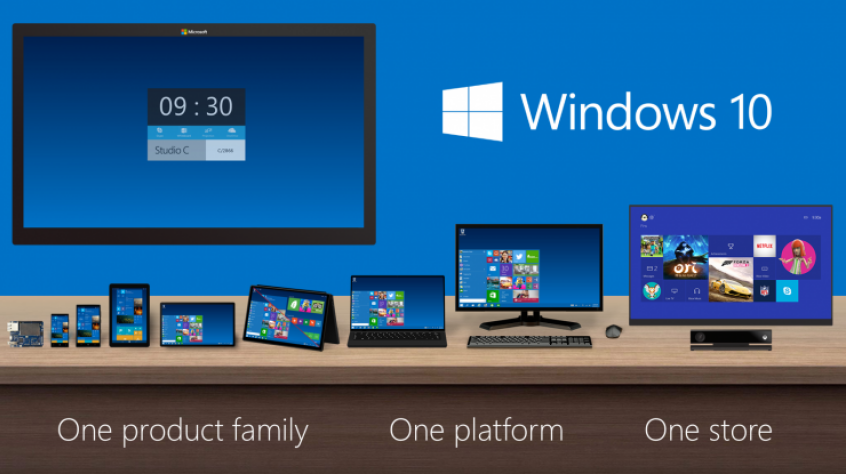
Windows 10 will be released next year. Microsoft Corp. Chief Operating Officer Kevin Turner broke the news over an interview with several international news agencies, and shared that the new software system will be available "early next fall."
In a talk during the Credit Suisse Technology Conference last Thursday, Turner said, "By next late summer and early fall we'll be able to bring out this particular OS (operating system). That's the current plan of record."
If the autumn release will push through, then users will finally see a new Windows OS three years after the launch of its predecessor, Windows 8. The earlier release got mixed reception as Windows 8 tends to be a little confusing especially when used for the first time. The company received a lot of complaints from PC users who are used to the traditional design of the software.
This is the reason why the tech giant decided to merge new features with the traditional look as well as the usual start menu. The said improvement in Windows 10 was seen by those who tried the beta version of the system when they downloaded it from the official Microsoft website.
The Windows 10 update is expected to be released for free. This move seems to be necessary since the company reported that only about one-fifth of all Windows users decided to update to Windows 8 or Windows 8.1.
Michael Silver, vice preseident at technology research firm Gartner, said that allowing users to upgrade for free is the way to go for Microsoft, although he doesn't discount the freemium strategy. Another Gartner vice president Steve Kleynhans explained that consumers these days no longer see operating systems as a product that needs to be purchased but rather something that's inherent to the device.
"Microsoft is the only company who still builds a significant business selling an operating system. Today, consumers see the OS as part of the device and don't really distinguish it as a component to be paid for separately," Kleynhans said, as quoted by Information Week.













